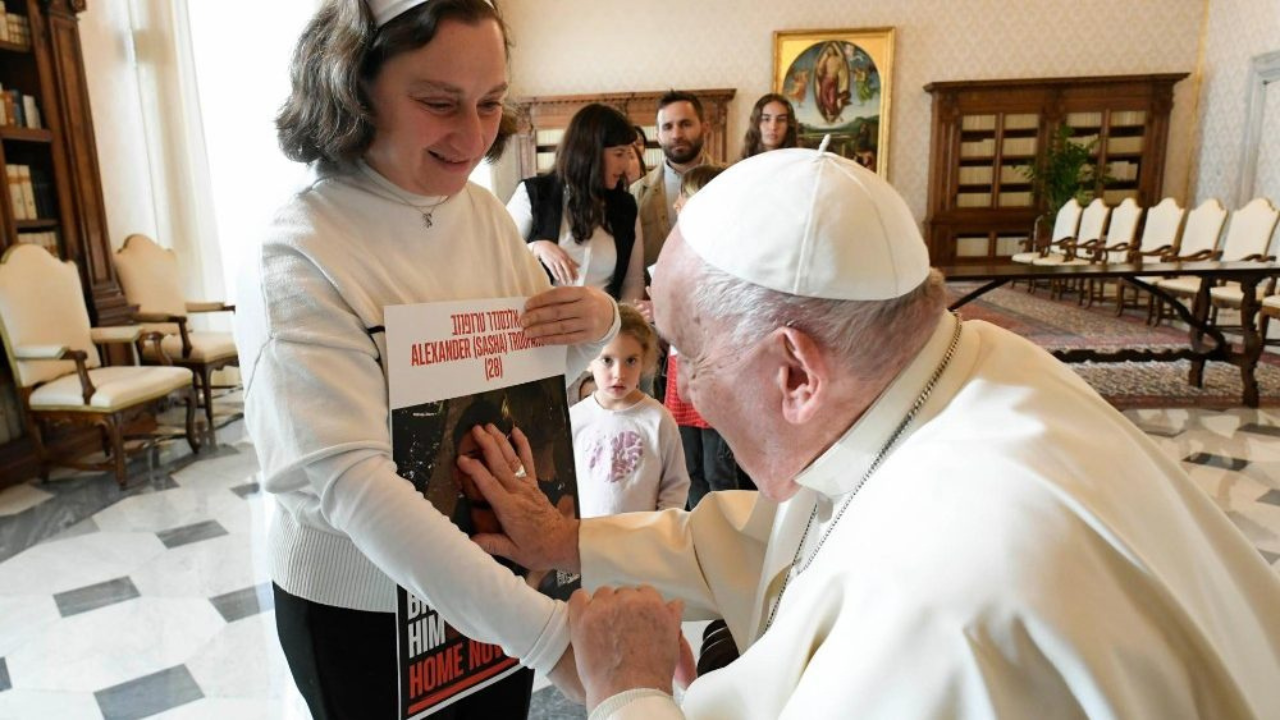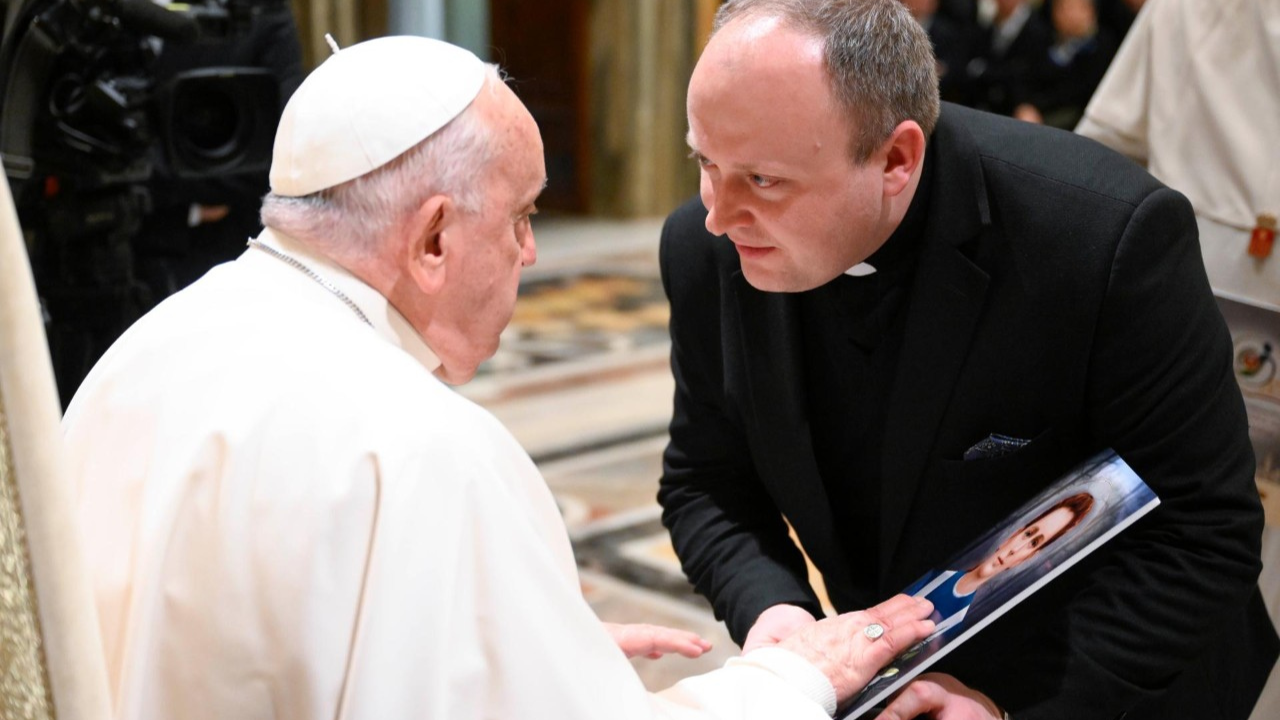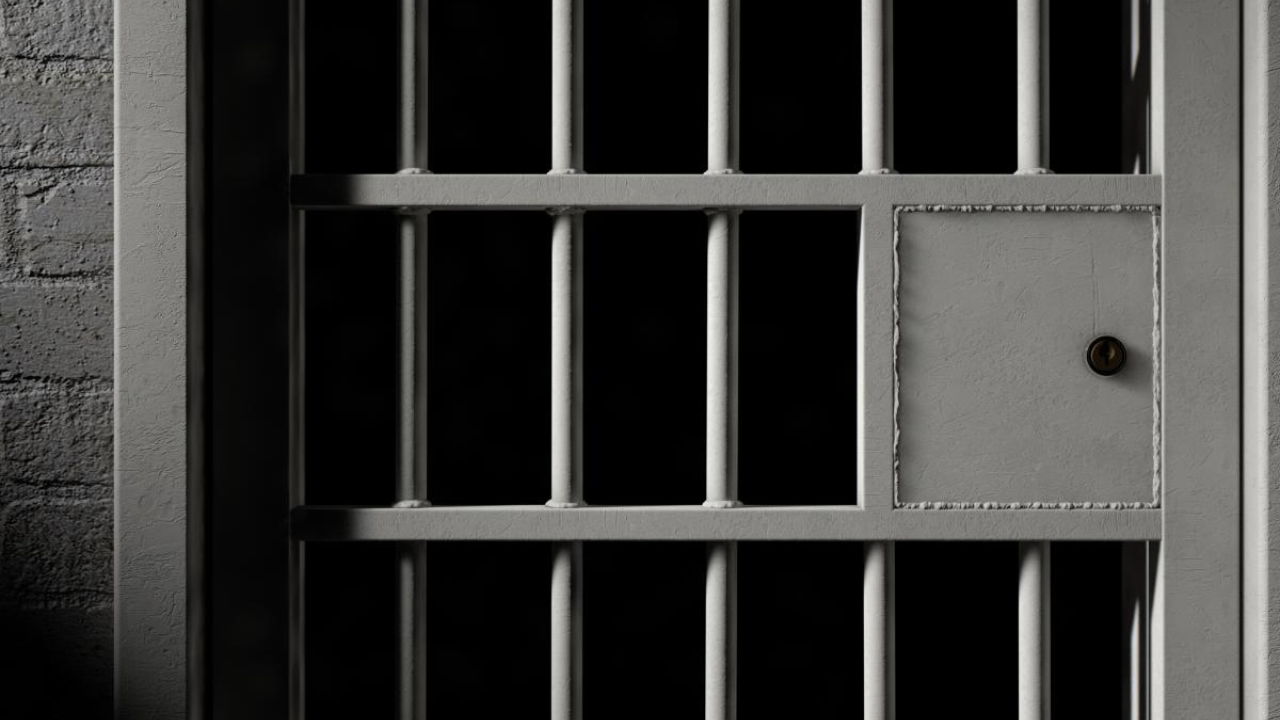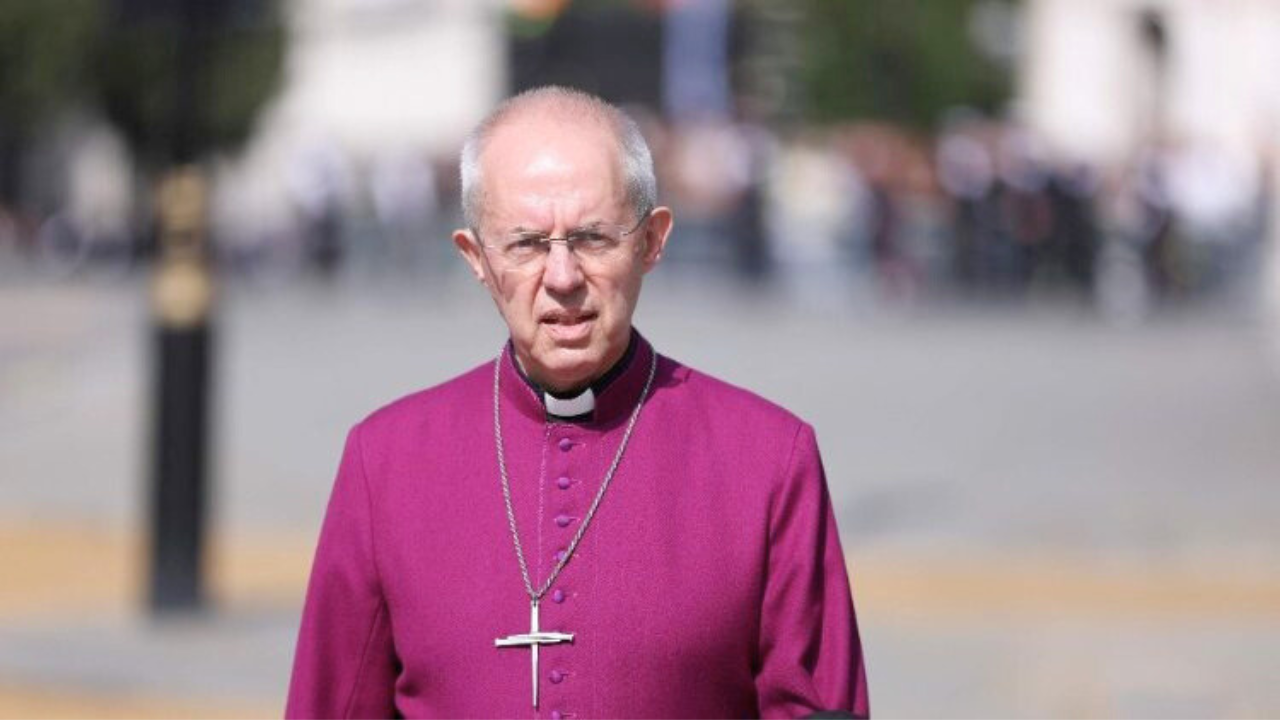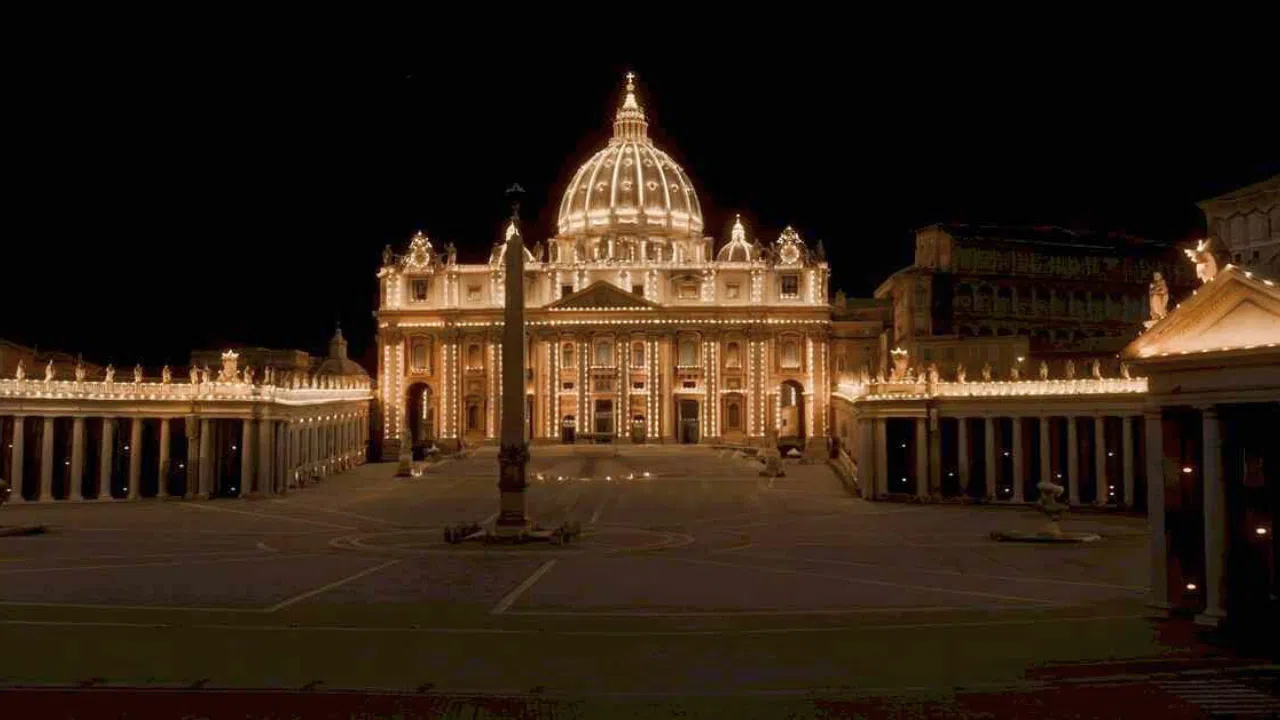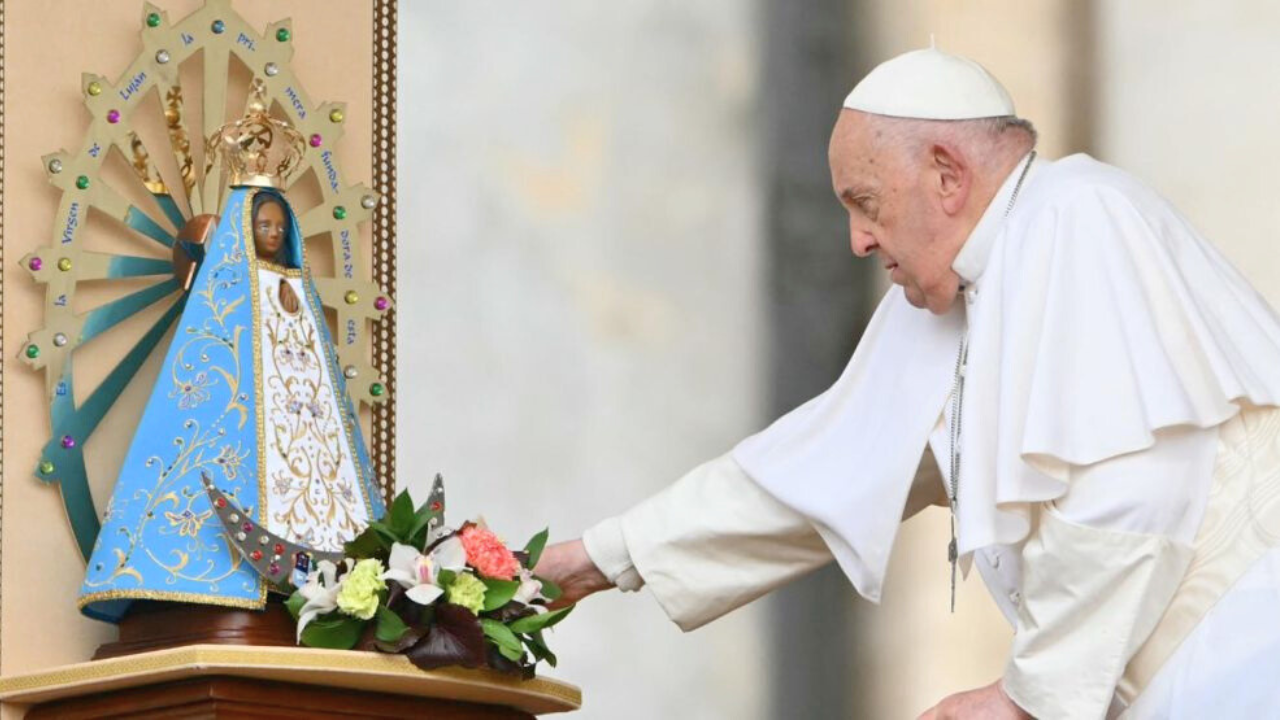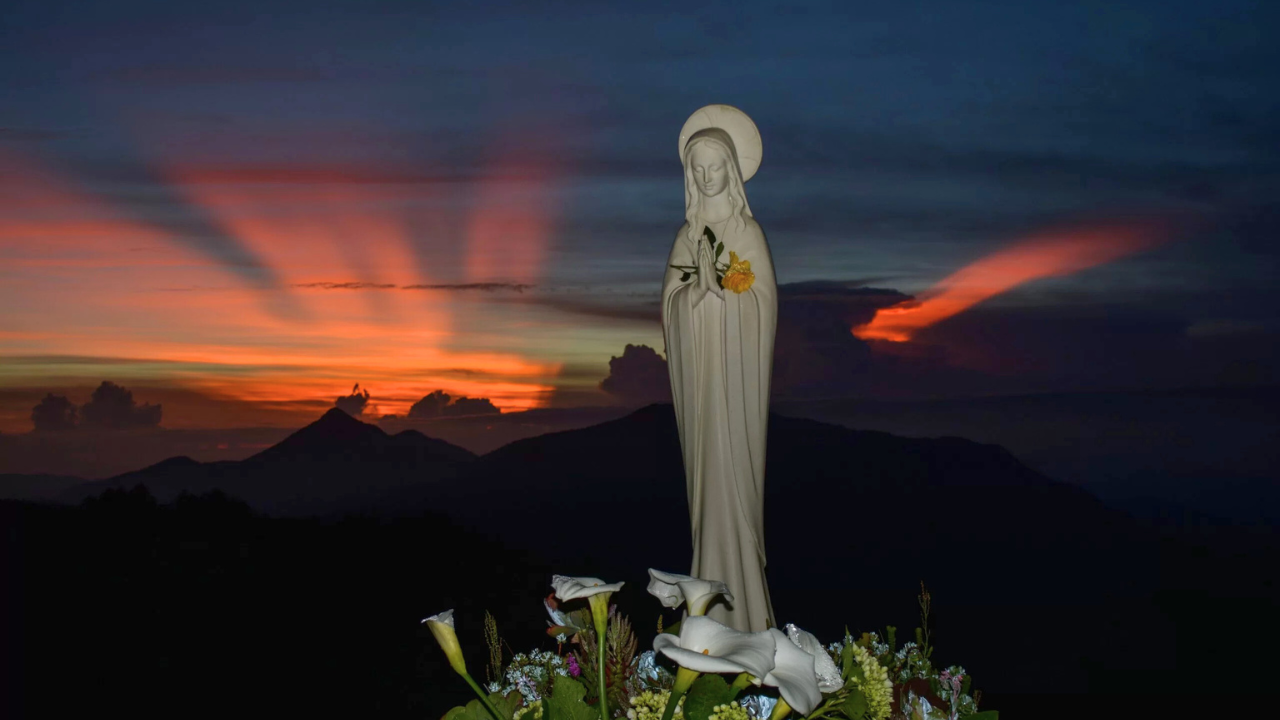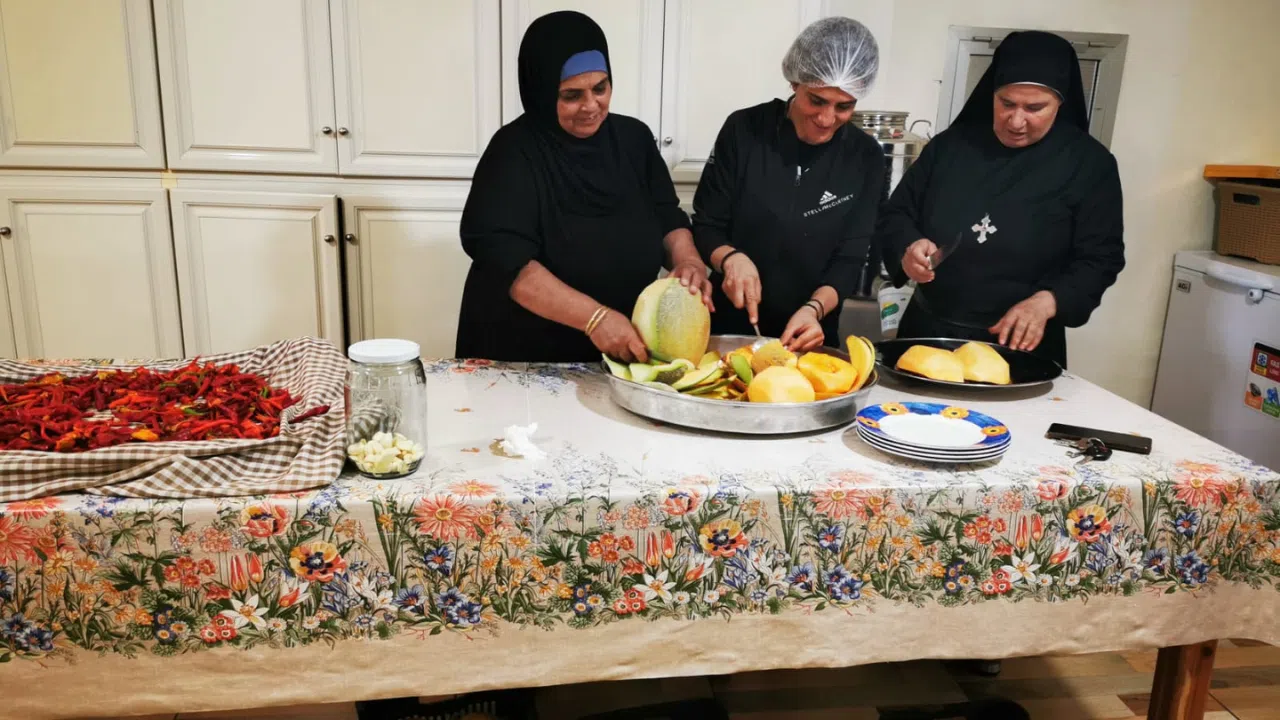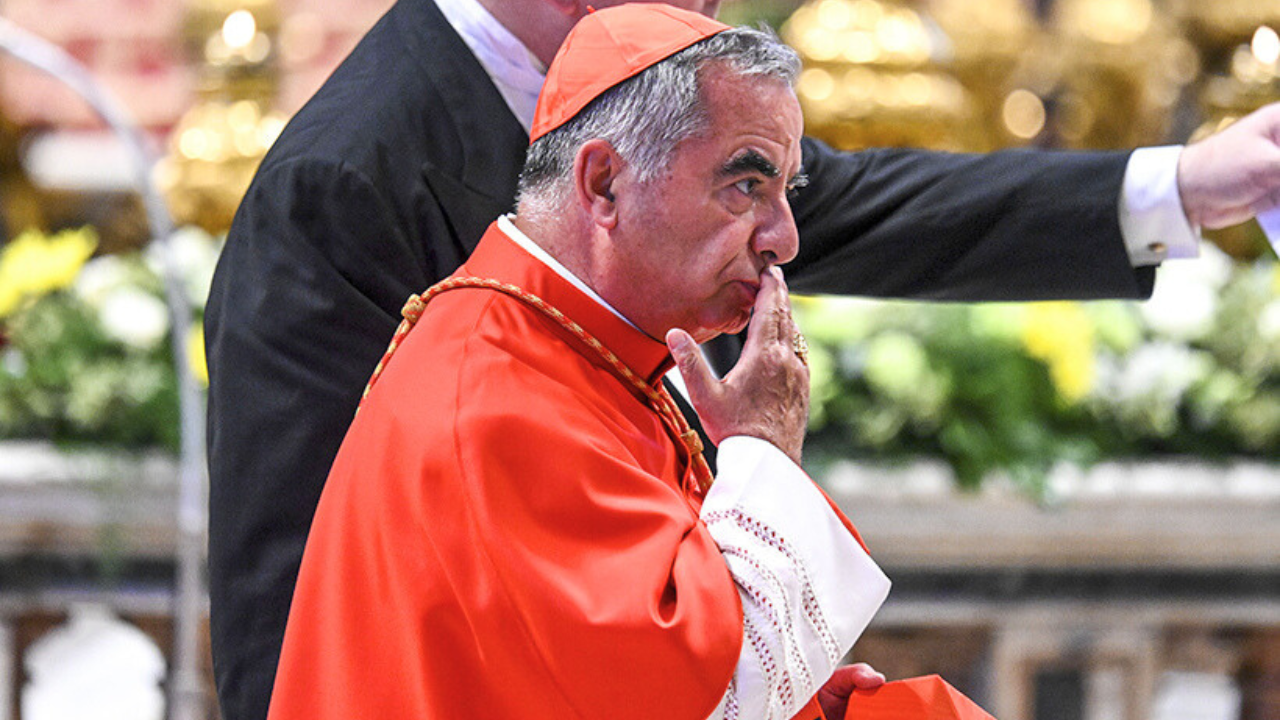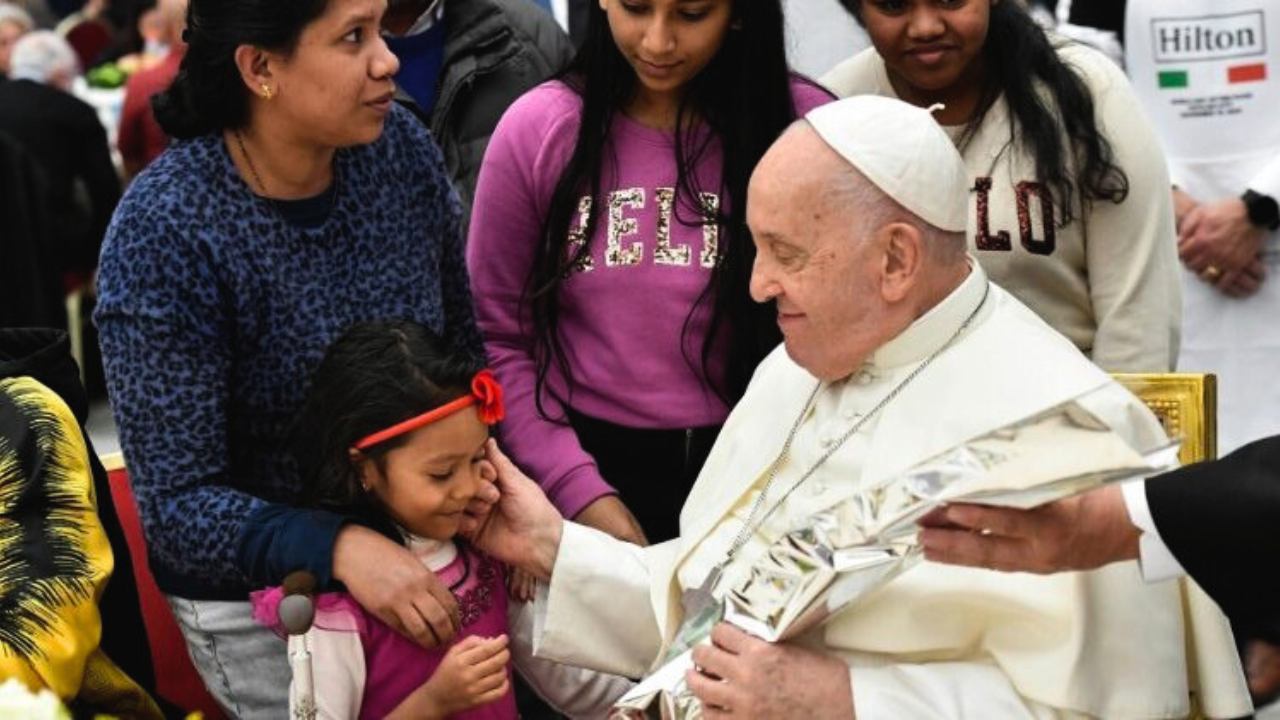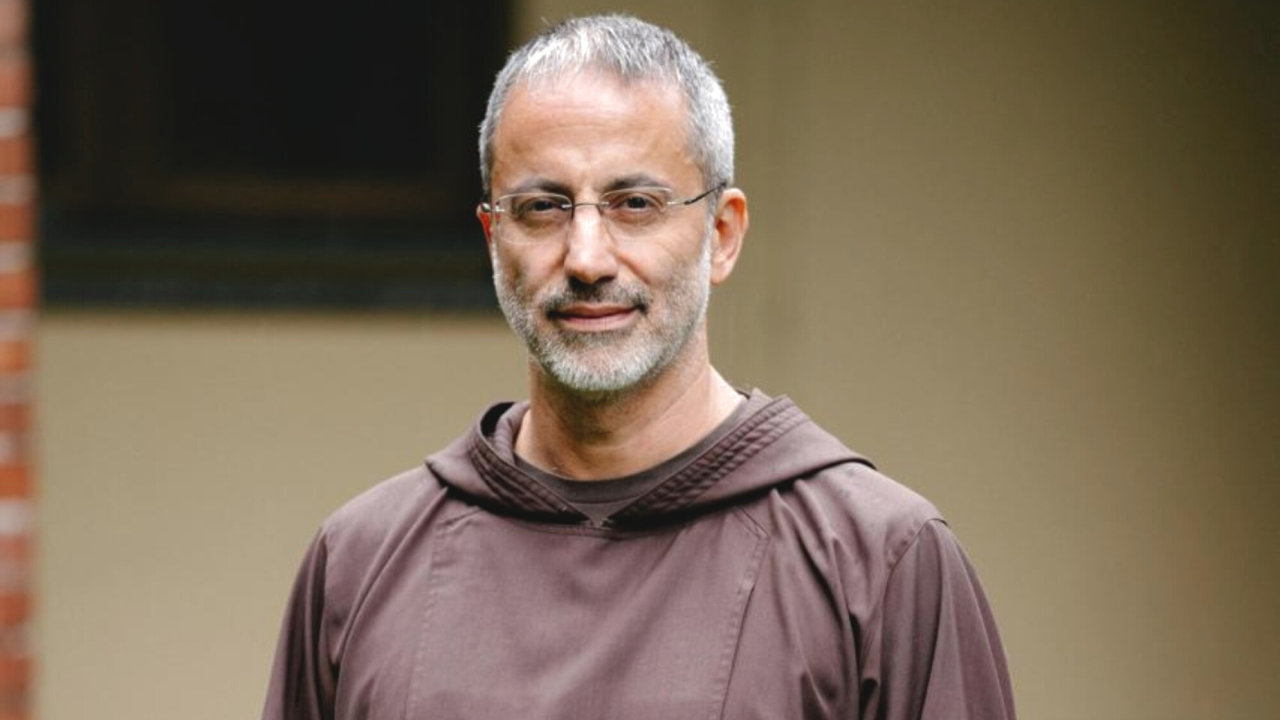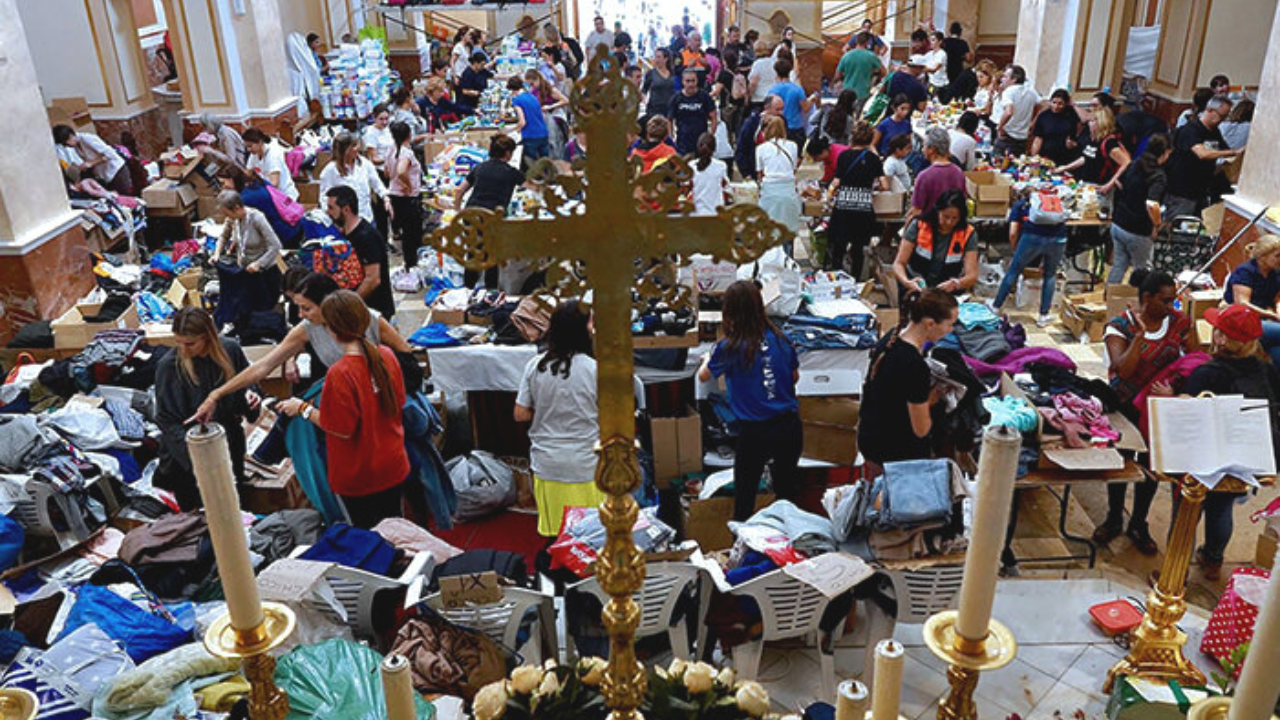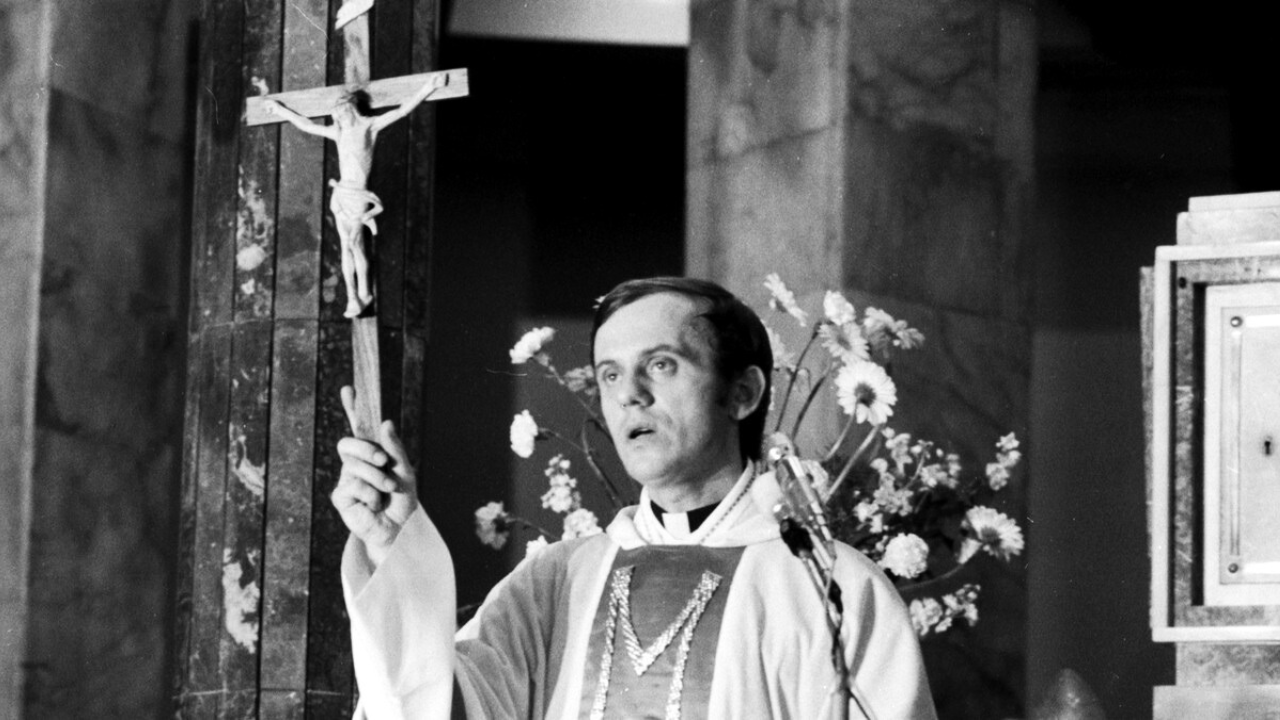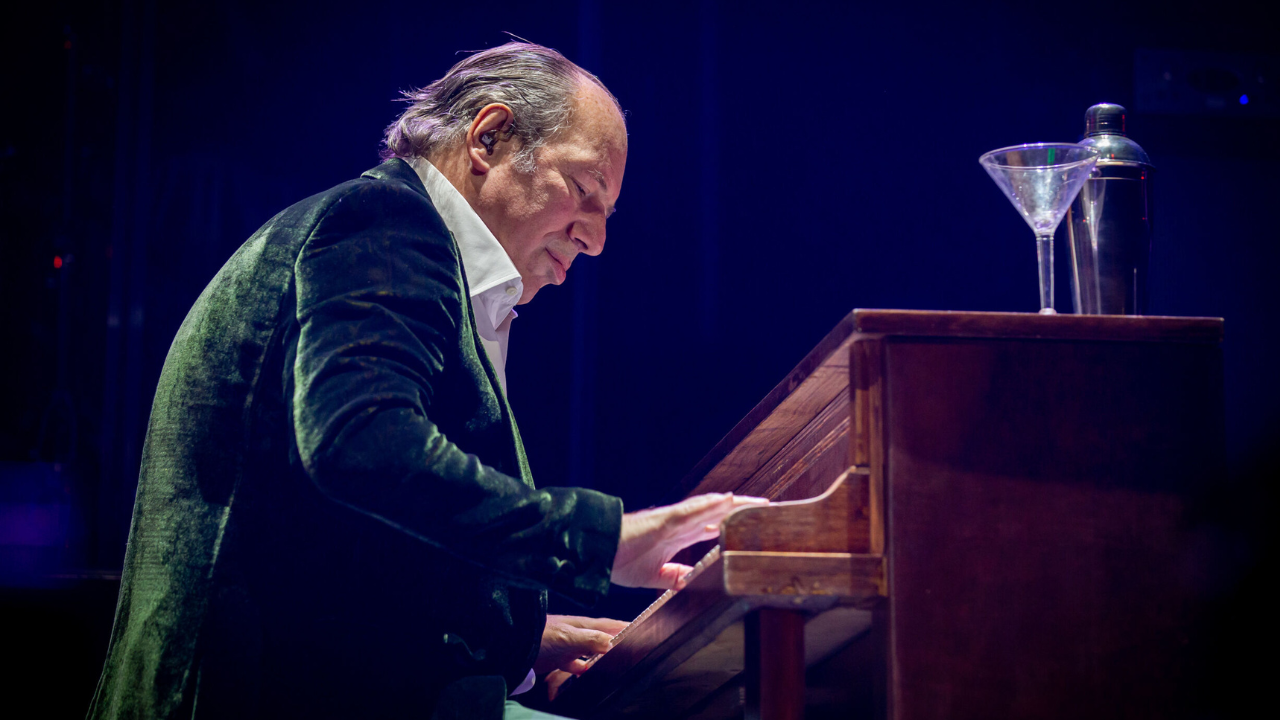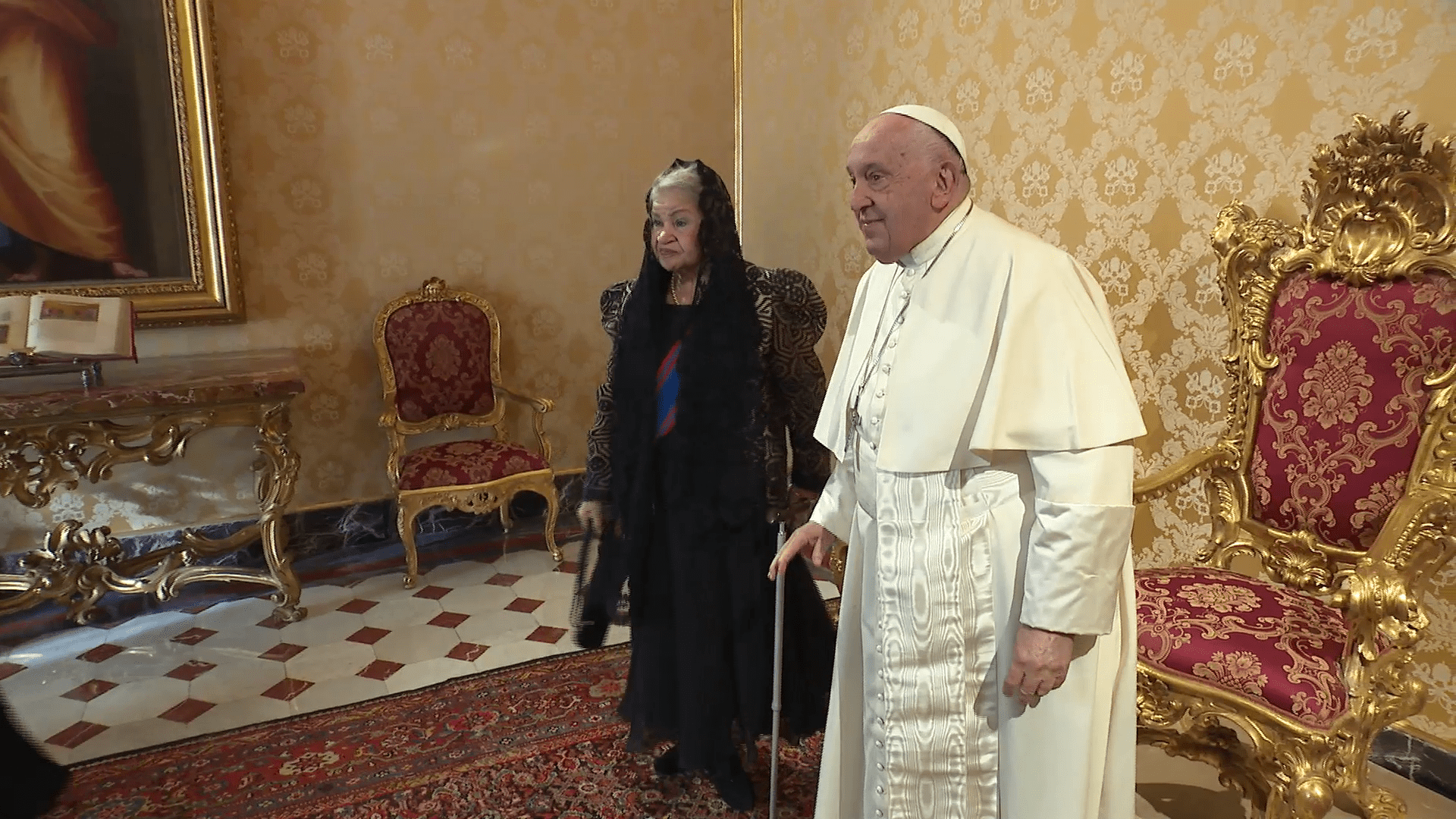On March 2, 2020, the Vatican gave researchers access to the approximately 16 million documents from Pius XII's pontificate.
It was a moment researchers had eagerly awaited, but the pandemic forced the Vatican to close the archives for a number of months.
MSGR. SERGIO PAGANO
Prefect, Vatican Apostolic Archive
“Before, we could allow 60 researchers into the Pius XII archives each day. Now for security reasons, that number is down to 25. Because we had to limit the number of researchers allowed in the archive at any given time, we also had to lengthen our waiting list. It was inevitable, unfortunately.”
In fact, there's no room for new researchers in 2021. All the available openings are already taken.
The person in charge of the Vatican archives, Sergio Pagano, explains that they dedicated more than 12 years to cataloguing the material related to Pius XII. But there is still some material left to process.
MSGR. SERGIO PAGANO
Prefect, Vatican Apostolic Archive
“We had to work for a long time to label everything and build the inventory. More than 12 years, and we're still not done. Pope Francis knew we still had to process a number of documents from some nunciatures, but he felt it was time to open the archives anyway. We're working on that now and hope to finish this year.”
Although not all interested researchers have had access to the archives yet, Sergio Pagano says the past year has already given a more complete image of this pope, who lived in a complex moment in history.
He says Pius XII was much more than the pope of World War II. He was the pope who discovered St. Peter's tomb; who established the dogma of the Assumption of the Virgin Mary; and who penned more than 40 encyclicals and other texts that proved extremely useful during the Second Vatican Council. And that's not all.
MSGR. SERGIO PAGANO
Prefect, Vatican Apostolic Archive
“He was the one who reopened Galileo's case so it would be studied during his pontificate. It's possible that no one even realized he did this. It would be great if Pius XII's figure weren't so eclipsed by the war, as has been the case in the past. He should be considered in all his complexity. His papacy was long, from 1938 to 1958, and very rich.”
The Vatican's Apostolic Archives are one of the most prized in the world. If all their documents were lined up, they would extend to over 50 miles.
The pandemic has limited researchers' access to the archives, but they are hopeful that in a few months, things will go back to normal.
Javier Romero
Translation: CT
